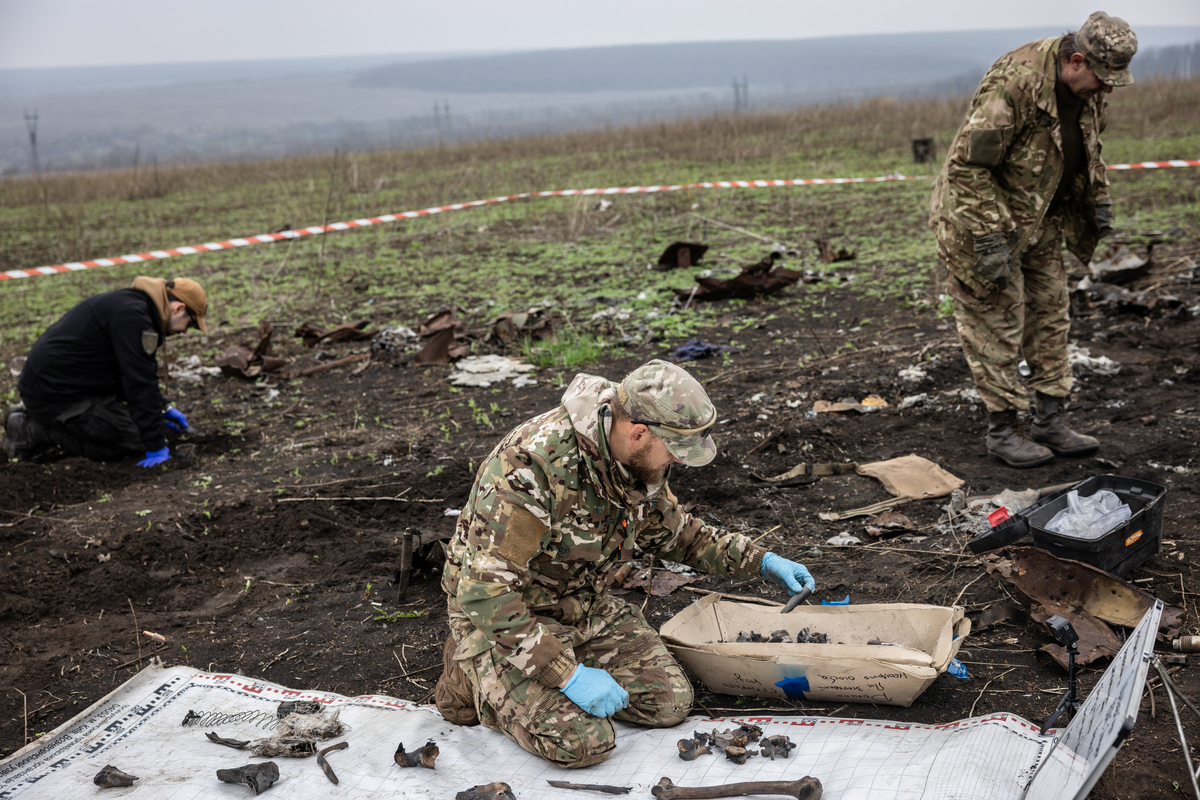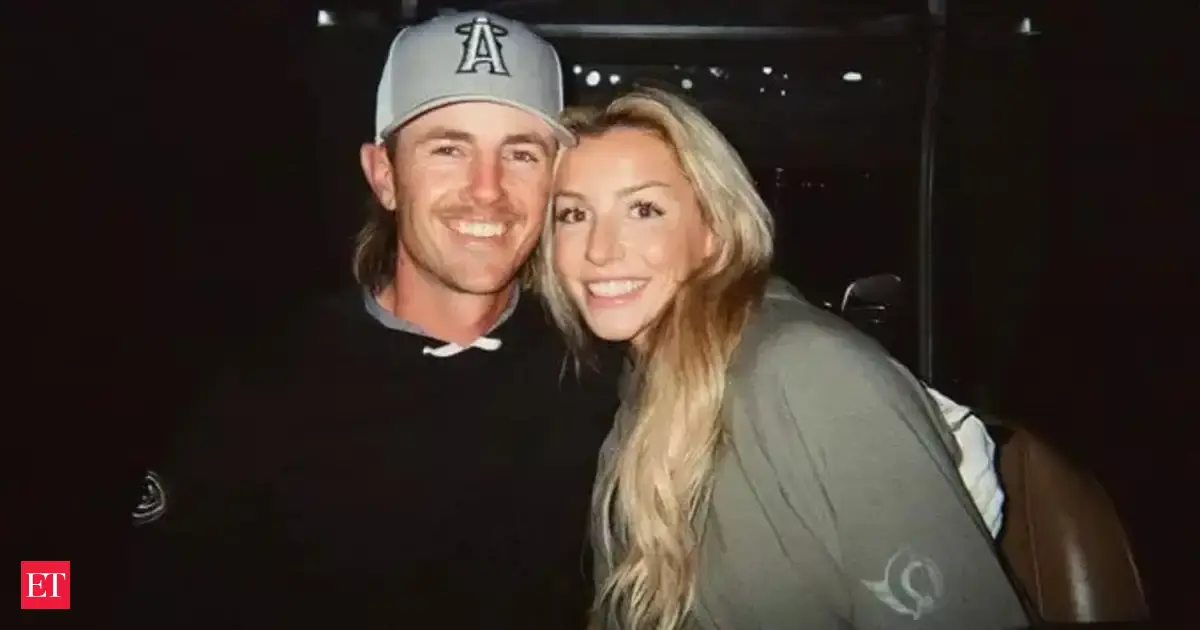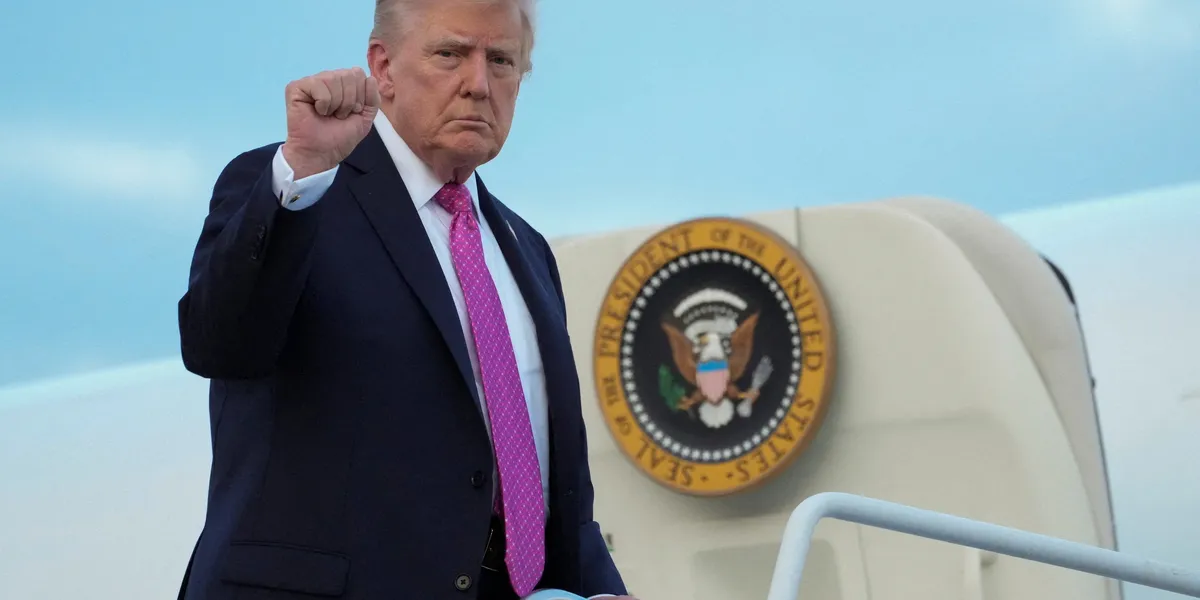Copyright kyivpost

A white van stops in the center of Sloviansk, the number “200” painted on its side – a military shorthand for transporting the dead from the battlefield. Oleksii Yukov climbs out. His walk is calm, purposeful, without haste. “Our mission knows no sides: Ukrainian soldiers, Russian soldiers, civilians. Everyone is found, everyone is given a name, and returned.” Since the large-scale Russian invasion began, Yukov’s group has located, exhumed, and recovered more than 3,000 bodies. And the numbers keep rising. Their operations have increased year by year: in 2022, the workload was only a fraction of what 2023 brought; 2024/25 have seen the scale settle at a persistently higher level. “The war today is fought increasingly by drones,” Yukov says. “In direct firefights, losses were often in the single-digit percent range; in combinations of infantry and drones, we sometimes see casualty rates up to 90%.” Their task is clear: search, recover, transport. “We find the dead and take them from point A to point B,” Yukov says. Formal identification is the job of forensics; DNA samples are taken there. Yukov’s team does not collect DNA – they are a recovery squad. Yet, on-site, a first identification is often possible from what people carry with them. “You can learn a lot about a person from their belongings,” the 40-year-old says: patches and insignia, service or army ID cards, dog tags, notes, letters, sometimes a photograph tucked in a wallet. Russian dead are handed over for repatriation as part of exchange procedures. When the deceased are Ukrainian, the team often accompanies the farewell at the grave. During the “Anti-Terror Operation” (2014–2018) Oleksii was part of Jaroslav Shylkin’s volunteer network “Black Tulip.” After the encirclement of Ilovaisk in 2014, the team pulled bodies out of fields, trenches, and ruins amid the inferno of battle and brought them home – mission after mission across the Donbas. “Black Tulip” has since dissolved. In February 2022, Yukov formed his own group, “Platsdarm,” to continue the work. In military jargon, a “platsdarm” denotes a secured staging area. Yukov chose the name deliberately: from such a fixed point in the front line, his team sets out to bring the fallen home. A single recovery can take weeks Yukov and his team operate independently, without state funding. “The government has enough on its plate; bureaucracy would only slow us down,” he says. Financing comes from private donors at home and abroad: they donate money, provide vehicles, and deliver equipment. There are no salaries; everyone volunteers – every euro goes into operations: fuel, food, protective gear, and equipment. “There are no ordinary days. This is not work; it’s a mission. And we carry it out,” Yukov says. They set out, turn back, and try again. How an operation unfolds depends on the front sector and the terrain: a strip of woodland, a row of houses, open fields – each demands different preparation and brings its own risks. Search and evacuation are distinct tasks. Enemy drones overhead, mines, and surveilled access routes can delay every step. “In 95% of cases we are attacked from the air,” he says. “A recovery rarely succeeds on the first attempt; it usually takes several tries. Even bringing back one body can take a week, sometimes two.” Yukov races against time, against what decomposes the bodies. What they find hardens them. “Otherwise you could not bear what you see,” Oleksii says, gaze steady. “Sometimes I just want to scream. There are more and more. My life won’t be enough to finish this search.” Yukov, a father himself, speaks quietly of the recoveries that stay with him. “Children and their parents – we have recovered whole families. Raped, shot, wiped out. You stand there and know: you could do nothing. You cannot protect your child. After that, it’s your turn.” On the threshold of death In June 2014, on a sunny day in Sloviansk, Oleksii was stopped on his way home, bound and taken into the building of the Ukrainian Security Service (SBU) – then under the control of paramilitary forces aligned with the Russian-backed self-proclaimed Donetsk People’s Republic. Soon, they read out his execution order. As they led him outside to be shot, Ukrainian artillery suddenly opened up. The separatists leapt into the trenches they had dug around the SBU building; Oleksii threw himself down too. After the shelling eased, they dragged him up again and searched him. They found his phone and dialed the last number in the call log. At the other end, a pro-Russian fighter answered – someone with whom Oleksii had arranged a body exchange the day before: “Who the hell have you arrested, you idiots – that’s a searcher. If your dead are lying here, he’s the only one who will pull them out, not step over them.” Minutes passed. Then came a call from Igor Girkin (aka “Strelkov”), then leader of the separatists in Sloviansk. The execution was called off. Oleksii remembers every word to this day. Since then, he has escaped death more than once. During a mission in a recently liberated forest area of Kharkiv Oblast in September 2022, Oleksii suffered serious injuries. Hearing the telltale click of a MON-50 (a Soviet bounding fragmentation mine), he leapt aside – a reflex that saved his life. Shrapnel scattered over more than 40 meters (130 feet), striking his legs and face. He lost sight in his right eye and has worn a glass eye ever since.



